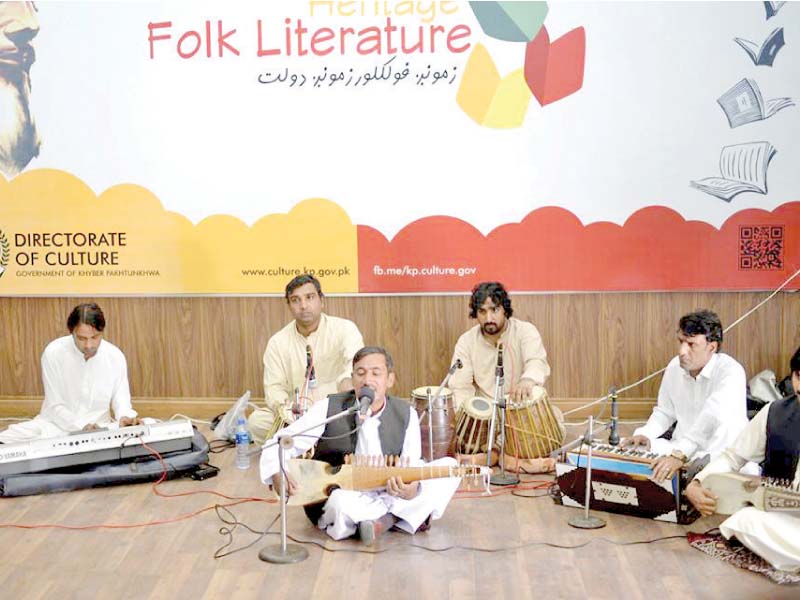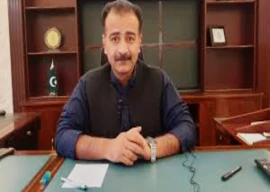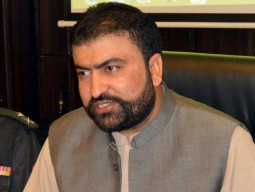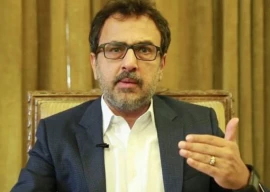
It is British writers who have started work on Pashto folklore in Khyber-Pakhtunkhwa and have collected the wisdom of people in the form of Tapa, sayings, folk tales and folk songs while local writer has done very little in this field, they noted during a seminar on folklore organised by the Khyber-Pakhtunkhwa Culture Directorate at the Nishtar Hall on Tuesday.
Dr Salma Shaheen, who studied the Pashto tapa from a feminine perspective, said that folklore forms an essential component of cultural history.
“Pakhtun women have freely expressed their emotions in tapa, their songs,” she said, adding that women have found it to be a medium for expressing their pain and sufferings.
To explain the significance of tapa, especially for the insight they offer into the lives of Pashtun women, Dr Shaheen claimed that a vast majority, or around 80 per cent of tapa, an important part of Pashto folklore, has been contributed by women.
Noting that while folklore alone does not epitomise Pashto culture, it is nevertheless an integral and indispensable part of the Pashtun tradition from oral traditions, abstracts, to songs, old tales describing various aspects of Pakhtunkhwali.
“It is the social psychology of Pakhtuns,” explained Dr Shaheen, “how their lives used to be, their beliefs, and their traditions.”
She noted that Pashtuns have had these traditions for over a thousand years, but have yet to properly document it.
Saadullah Jan Burq, a researcher who has documented Pashtun history and culture said many written historical accounts were skewed to glorify those who commissioned those texts.
“We cannot believe in history books written in the past since it only details the history of kings and does not say anything about the common man or society,” Burq explained.
So much so, Burq said he believes that recorded history of the region covers only around 15 per cent of the people, while the remaining people did not get a voice in such history books.
What can then be done to get a less skewed version of history?
Burq said that to study history properly, they had to study folklore.
“It [folklore] is the wisdom of the common man handed down to us from generations,” he explained.
Folklore, he said, was crucial to determine the true history, geography, beliefs, language, customs and tradition of the nation.
“Folklore, however, is one most neglected by our own people,” complained Burq.
“Folklore has to be studied and researched, if we want to [really] know about our [true] past.”
Zaman Saghir talked about how several languages of the province had now vanished.
He added that apart from the loss of these languages, the loss of folklores in these languages — which should be collected and recorded in the form of books — was particularly damaging.
But recording them will not only preserve these languages but also the folk ethos.
“We had 30 languages which were spoken in K-P and the northern areas of the country. But now, most of them have vanished since people associated with it have either passed away or have converted them into other languages,” explained Saghir.
Later, Pashto singers also performed folk songs at the end of the seminar.
Published in The Express Tribune, October 18th, 2017.

















COMMENTS
Comments are moderated and generally will be posted if they are on-topic and not abusive.
For more information, please see our Comments FAQ